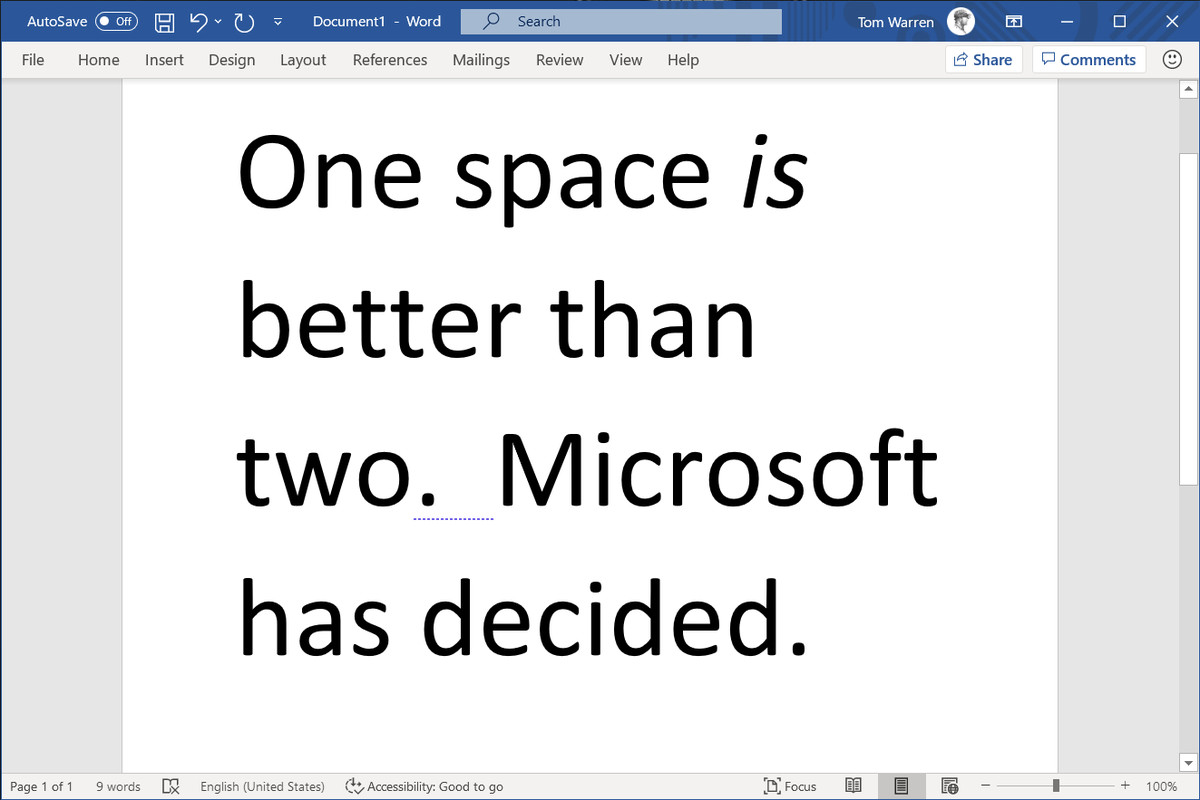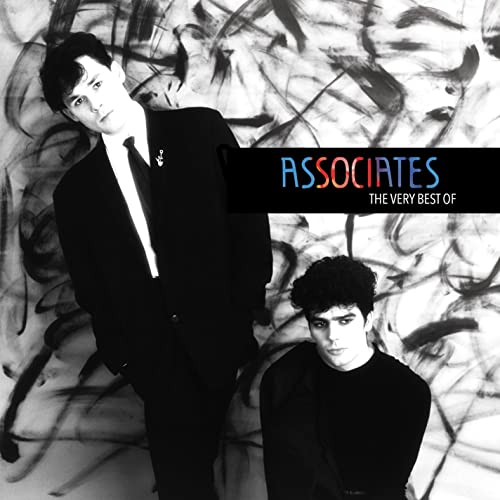In a detailed review of whether certain pretrial activity waived a special appearance, the Fifth Court reminded: “Examples of actions a party can take without waiving a special appearance are (1) filing a motion for continuance relating to discovery on a motion to quash service; (2) serving nonjurisdictional discovery requests; (3) filing a motion to compel nonjurisdictional discovery but not scheduling a hearing or obtaining a ruling on the motion; (4) litigating a jurisdictional discovery dispute; (5) litigating other disputes that are factually related to the special appearance; or (6) litigating opposition to merits-based discovery sought by another party.”
Applying these principles, the Court concluded that no waiver occurred by (1) “filing an obtaining a ruling on a Motion to Vacate Judgment and Protective Order,” (2) participating in discovery, including responding to a request for disclosures, and (3) filing a sanctions motion based on Tex. R. Civ. P. 13, which in part touched on the allegations relevant to the jurisdiction dispute. Brady v. Kane, No. 05-18-01105-CV (April 28, 2020) (mem. op.).











